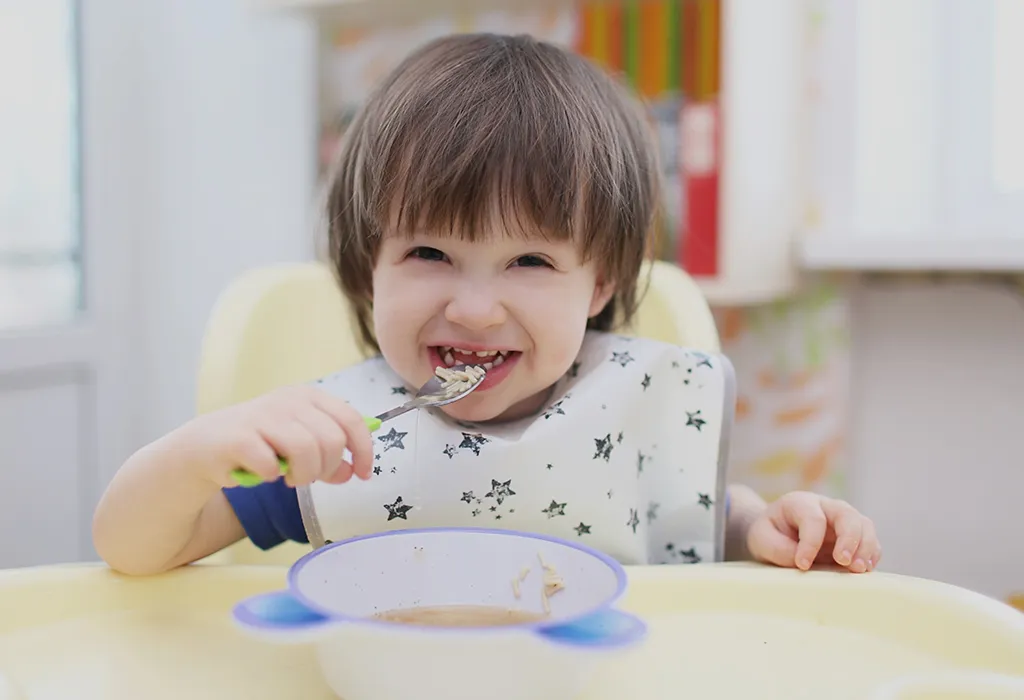Contents
Average Weight for 3-Year-Old Boys
You’re probably wondering, how much does the average 3-year-old boy weigh? The ballpark figure is around 31 pounds (14.06 kg). But remember, kids grow like summer corn. They can have growth spurts when you least expect them! Experts suggest that boys might experience a significant growth spurt between 9 to 15 years, putting on about 8 to 10 pounds per year.
You’ll notice that your little man is highly mobile at this age. Walking, running, kicking, throwing – you name it, he’s doing it. 3-year-olds are naturally active, constantly learning, and looking for ways to challenge their physical capabilities. So, it’s crucial to foster their active lifestyle.
Creating opportunities for learning and growth might seem like a task. However, it could be as simple as ensuring they get at least 30 minutes of structured, adult-led physical activity and 60 minutes of unstructured, free playtime per day.
Average Weight for 3-Year-Old Girls
Moving on from 3-year-old boys, let’s talk about the girls.

Just like boys, girls of the same age also exhibit quite a fluctuation in weight. This is indeed due to the dynamicity of their growth phase. Despite this, there’s an average weight that we usually expect them to be round about.
A 3-year-old girl typically weighs about 31 pounds, similar to boys of the same age. It’s worth noting that this value, like all averages, is a midpoint. Your little girl could easily fall within a range of 26 to 36 pounds and still have a healthy weight.
During these early years, girls are just as active as boys, full of energy, and love to explore their surroundings. This age is crucial because these experiences help them develop essential physical abilities. Don’t worry if your little one’s weight deviates a little; what matters is consistent growth and development.
You might’ve observed that your child has a unique growth pattern, and that’s perfectly normal. Each child develops at their pace. If you have specific concerns about your child’s growth, always reach out to a pediatrician. They’re the best judge to gauge whether there are any significant abnormalities.
Factors Affecting Average Weight
Believe it or not, there’s more to your little one’s weight than just genetics and diet. Let’s take a closer look at some of the factors that may be affecting your child’s weight.
1. Activity Level
If you’ve ever watched a bunch of three-year-olds on a playground, you know they are a whirlwind of motion. That continuous energy burn can keep their weight in check. But what happens when your kid isn’t all that active? Turns out, kids who prefer more sedentary activities like reading or drawing may weigh more than their active counterparts.
2. Growth Spurts
Yep, you read that right. Kids can suddenly pack on some pounds and inches during growth spurts. Boys have a growth spurt between 9 to 15 years old, gaining 8 to 10 pounds per year but this can start as early as 2 years old. So if your child seems to be outgrowing their clothes overnight, don’t fret, it’s likely just a growth spurt.
3. Early Life Nutrition
Did you know that what your baby ate during their first few days or weeks can have long-term effects on their weight? Babies usually lose 5 to 10% of their body weight after birth due to fluid loss but gain about an ounce a day or half a pound week after. How quickly they recoup can set the stage for their weight trajectory.
How Much Should My 3-Year-Old Be Eating?
Your child’s metabolism is in high gear at this age. Their diets should be balanced and nutritious, incorporating a mix of protein, carbohydrates, and fats. Think whole grains, lean proteins, fruits, vegetables, and dairy products packed with necessary vitamins and minerals.
Toddler nutrition is crucial as your child’s brain is growing ever so rapidly. This is when development needs are at their peak. Don’t stress if your kid skips a meal. Toddler appetites can fluctuate daily.

Here’s a quick guide on how much your 3-year-old should be eating:
- Fruits and vegetables: Aim for 5 portions a day. A portion is what fits in the palm of their hand.
- Protein: Approximately 2 portions a day. Portion sizes can include 2 to 3 tablespoons of cooked meat or a quarter cup of cooked beans.
- Dairy: About 2-3 servings per day. A serving could be a cup of milk or two small slices of cheese.
How Much Milk Should a 3-Year-Old Drink?
Doctors recommend about 2 cups of dairy a day for 2 and 3-year-olds. That said, your tyke’s perfect pour might differ. Remember, it’s all about balance and their individual needs.
If they’re, say, a big fan of yogurt and cheese, or if you’re still breastfeeding your 3-year-old, they might not need the full 2 cups of dairy from milk. It’s an adjustable approach because each child is unique. Follow your child’s appetite. They’ll let you know when they’re hungry, especially during periods of extra activity or growth spurts.
Sure, about 1,000 calories per day is suggested by doctors for this age group, but don’t worry about counting every calorie. Your little one’s a pretty good judge of their own appetite. And hey, diet concerns – that’s what pediatricians are for. Don’t hesitate to talk to them for a more personalized wolfing-down-the-dairy plan.
While we’re at it, liven up their diet! There’re plenty of tasty and nutritious meal inspirations out there that your kiddo will enjoy. Why not make milktime more fun and flavorful? Variety is the spice of life, also when it comes to your toddler’s menu.
Frequently Asked Questions
What is a 3-year-old’s daily calorie intake?
The suggested daily calorie intake for a 3-year-old is around 1,000 calories. However, it’s crucial not to obsess over calorie counting but rather trust the child’s hunger signals.
Is it important to consult a pediatrician for a toddler’s diet?
Yes, it’s highly recommended to consult pediatricians for personalized dietary advice. Each child might have unique dietary needs. Pediatricians can provide guidance that is specifically tailored to your child’s needs.
How can mealtime be made enjoyable for toddlers?
Introducing a variety of tasty and nutritious foods can make mealtimes enjoyable for toddlers. Often, children appreciate having an assortment of colors and textures on their plates.
How should a 3-year-old’s appetite be determined?
A 3-year-old’s appetite can be determined by following the child’s appetite cues. These cues will indicate when they are hungry or full. Trusting these signals of hunger and satiety can help ensure that the child’s dietary needs are being met.

Hello, I’m Ravindra. Over the years, I’ve immersed myself deeply into the world of fitness and health, transforming both my body and mind. Writing has allowed me to share my journey, insights, and expertise with those just starting out and seasoned fitness enthusiasts alike. Beyond just routines and diets, I believe in inspiring others to adopt a holistic approach to well-being.

